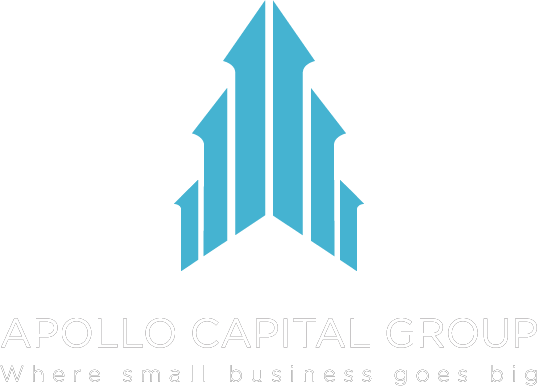Applying for a business loan is an excellent approach to receive the money you need for expansion if you’re a small business owner researching your financing alternatives. With loans, you may expand your business by making purchases, hiring staff, and paying for daily expenditures.
Small company entrepreneurs may get assistance from the SBA (U.S. Small Business Administration) through a variety of loan options, whether they need money to launch a new enterprise, finance an expansion or investment, or even to recover from a catastrophe.
Here is a brief explanation of how it operate, the purposes for which each loan type is appropriate, and how to apply for SBA funding for your small business. Let’s dive in!

What are an SBA Loan?
The small business administration is a small-business loan that may assist with starting expenses, working capital requirements, expansions, real estate purchases, and more. It is important to note that Federal government guarantees the funding of a private lender.
By establishing lending requirements and lowering lender risk, the U.S. Small Business Administration assists small firms in obtaining capital. It is simpler for small firms to obtain the necessary capital thanks to these SBA-backed loans. As mentioned above, only companies and homes recovering from a declared catastrophe are eligible for direct loans from the SBA.
Now, what are the criteria for qualifying for an small business administration loan, one may ask? Keep reading
How can I get eligible for an SBA loan?
Several lending programs and lenders have different eligibility standards. In general, several factors responsible for determining your eligibility such as how a business generates money, the nature of its ownership, and the location of the firm. We have gathered some basic information down below:
The SBA lists particular documents to prepare your application as part of the fundamental documentation you’ll require, which include:
- Information about the individual, such as income tax returns and financial history.
- Balance sheets and other financial statements used in business.
- Value of the company and a debt schedule.
- Applicable licenses, certificates, or leases.
- Any previous loan applications.
Even without such well-established company data, entrepreneurs can convincingly argue that they are worthy of a loan. New companies and startups are advised by the SBA to:
- Provide specifics about their strategy and business opportunities.
- Determine the precise capital requirements and anticipate revenue projections.
- List possible forms of collateral.
How do I apply for SBA Loan?
Through a lending company like a bank or credit union, you submit a loan application. If you don’t repay an SBA loan, the government will pay the lender the guaranteed amount. The lender then applies to the SBA for a loan guarantee. Every person owning 20% or more of a company must unconditionally provide a personal guarantee, according to the SBA. You are responsible for payments under this guarantee if your company is unable to make them, along with your personal assets.
The government guarantee and the personal guarantee both lower lender risk, making lenders more likely to collaborate with smaller firms. Your lender oversees finalizing the transaction and disbursing the loan money once the SBA has authorized it. Direct repayment is made to the lender, often monthly.
Appy online for it here
Types of SBA Loan:
Below is a list of the most typical loan categories.
1. SBA 7(a) Loan
A small business loan offered by a private lender and partially supported by the U.S. Small Business Administration also name as an SBA 7(a) loan. These loans might be challenging to qualify for, but because of their lengthy payback terms and low interest rates, they make an excellent choice for company financing. Moreover, the utilization of 7(a) loans is for range of things such as working capital, business growth, or buying supplies and equipment.
2. SBA 504 Loan
SBA 504 loans, commonly known as CDC/504 loans, are federally guaranteed small company loans provided through Certified Development Companies. Large company expenditures like real estate or equipment can be financed over a lengthy period (up to 25 years) with the help of SBA 504 loans.
3. SBA Express Loan
A small-business loan known as an SBA Express loan is one that is provided by banks and other authorized lenders and is partially insured by the SBA. Working capital, business expansion or renovation, equipment purchases, real estate purchases, and debt refinancing are just a few of the uses for SBA Express loans.
4. Microloans
This lending program relatively targets small scale loans, as the self-evident name suggests. This program’s maximum loan size is $50,000, with an average loan size of $13,000.
The SBA microloan program particularly benefits minority and female company owners that operate in underdeveloped regions. This loan program may be the best option for company owners with little or no credit history because some SBA microlending institutions do not need a minimum credit score.
5. Disaster Loans
Small companies impacted by declared disasters can obtain financing from the SBA through disaster loans. Natural catastrophes like hurricanes and wildfires can have an impact in places declared as disaster areas. Up to $2 million at rates as low as 4% is available through EIDLs, which also provide large quantities.
SBA Loan Calculator
Low interest rates and lengthy payback terms are two benefits of government-backed loans, which may be wonderful source of capital for your company. You may use an SBA loan calculator to see whether one is a suitable fit by estimating monthly expenses and total payments on an SBA 7(a), Express, or 504 loan.
Frequently Ask Questions
Small-business loans, or SBA loans, are provided by banks and internet lenders and are partially insured by the federal government.
Run your business for profit, be involved in, or plan to engage in, business in the United States or its territories, possess investable owner equity. Prior to requesting financial aid, explore other financial options, including personal assets.
Lenders typically need 60 to 90 days to process an SBA loan application, but if you choose the expedited loan option, your entire timing will be closer to 30 to 60 days.
Little to large loans with SBA guarantees can be utilized for most business needs, including working capital and long-term fixed assets.
You can, indeed. To locate a lender in your region, use Lender Match and enter your zip code. Your neighborhood lender may accept your loan application.
A minimum credit score is not specified by the Small Business Association (SBA) as a prerequisite for obtaining an SBA loan. But lenders who offer SBA loans could have minimal score restrictions. This minimum is often about 620. Yet the better your score, the more probable it is that you will be accepted.


